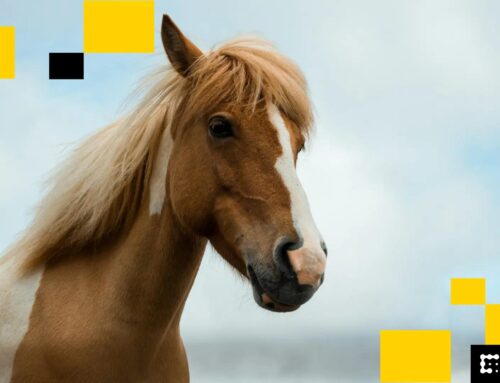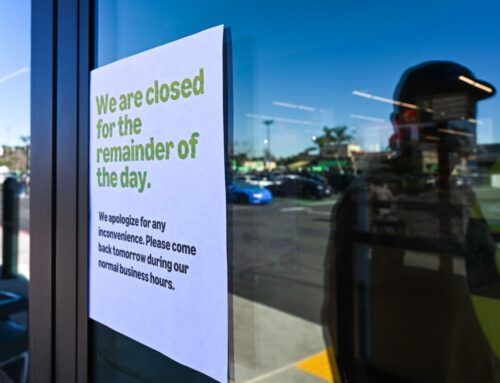Comté-gate: environmental criticism of France’s beloved cheese sparks national debate
May 20, 2025
Accusations that France’s iconic Comté cheese is damaging the environment have sparked a national backlash, with politicians rushing to defend what many see as a symbol of French heritage.
The top-selling cheese bearing France’s PDO (Protected Designation of Origin) label has surged in popularity over the past three decades, with production doubling between 1991 and 2022. In 2023, 10.7% of output was exported.
But this success has come at a cost to biodiversity, environmental activist Pierre Rigaux claimed on public radio last month.
Citing water pollution linked to cattle farming on the Jura plateau, where the milk used for the cheese is sourced, Rigaux urged listeners to stop consuming the cheese.
His remarks struck a nerve, triggering strong reactions across the political spectrum.
Rallying behind the hashtag #TouchePasAuComté (“Hands off Comté”), public officials responded forcefully. The Jura prefecture posted on X: “Comté is Jura, taste, calcium, protein… and zero guilt.” Agriculture Minister Annie Genevard condemned what she called “ideological attacks” on the cheese.
Describing Comté as “French pride”, Genevard dismissed the criticisms, while Rigaux pointed to what he described as preferential treatment: “What strikes me is how cautious people are, as if they dare not or do not want to question Comté, as if it were sacred.”
The Local Ecologist party echoed environmental concerns, stating in a press release that “even under PDO status, cheese production must remain environmentally friendly.”
Environmental impact in focus
While the government has dismissed the activist’s statements, several studies commissioned by public bodies in recent years have highlighted the environmental toll of the cheese’s production.
A 2024 report by the Burgundy-Franche-Comté region, the national water agency, and the CNRS (France’s national centre for scientific research) found that the productivity of Montbéliarde cows, whose milk is used to make Comté cheese, has “increased significantly” between the 1960s and the 2000s.
“This intensification of dairy farming has led to a sharp increase in inputs” the report stated, citing greater use of fertilisers, soil improvers and plant protection products, along with increased manure spreading.
A 2022 study by the national geological service (BRGM) found elevated phosphorus and nitrogen levels in soil, leading to run-off into waterways, green algae blooms and fish deaths in local rivers.
It also established a direct link between Comté production and biodiversity loss, stating that cattle accounts for 63% of nitrate inputs and 71% of phosphate inputs fueling green algae in the Jura’s water basins.
Since 2021, two Comté producers have been fined by the court of Briançon for pollution caused by effluent discharges.
Livestock farming also scrutinized
Supporters of Comté argue that its production standards are already among the most environmentally ambitious in Europe and view the criticism as part of a broader attack on livestock farming.
“The standards are among the most stringent,” said French MEP Eric Sargiacomo (S&D), vice-chair of the European Parliament’s agriculture committee. “No more than 120 units of nitrogen per hectare may be spread annually, whereas European regulations allow 170 units for organic inputs.”
According to Sargiacomo, “the aim of this campaign is not to improve livestock farming but simply to call for its abolition,” adding, “without livestock farming, there can be no sustainable agriculture.”
The controversy mirrors a wider debate at EU level.
While the European Commission’s vision for agriculture, published in February, recognises the livestock sector as “an essential part of EU agriculture”, conclusion from a roundtable on the future of farming – held last September and presented by European Commission President Ursula von der Leyen – called for a reduction in the consumption of animal products for environmental and health reasons.
Sofia Sanchez Manzanaro contributed to the reporting.
(aw)
Search
RECENT PRESS RELEASES
Related Post




